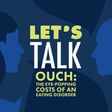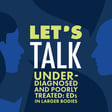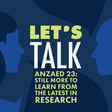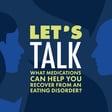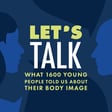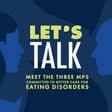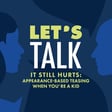
In Depth with NEDC director Beth Shelton
Dr Beth Shelton is a psychologist and long-time director of the National Eating Disorder Collaboration (NEDC), leading a team that develops national standards for preventing and treating eating disorders and works actively to build the system of care.
As a highly respected professional in the field, we asked Beth to explain the different diagnoses for eating disorders, the possible causes, and what she believes constitutes “normal” eating.
First, Beth makes one thing clear: An eating disorder is a mental illness with serious physical and mental health consequences for the person affected. It causes a lot of dysfunction and suffering.
Though there are several separate diagnoses for eating disorders, they are more similar than they are different. Absent recovery, many people move from one form to another. Different eating disorders often manifest from similar risk factors, for example, genetics or psychological profiles.
She also confirms that these conditions do not discriminate. We too often default to thinking about an overly thin teenage girl, but an eating disorder can affect anyone; we don’t see it. An eating disorder is also not a choice – perhaps beginning a diet to lose weight initially may be a conscious decision, but once the eating disorder takes hold, the person affected has lost control of their health and needs support.
Beth puts it best: “No one I've ever worked with or spoken to about an eating disorder would ever choose one or choose one for anyone else.”
Fortunately, she and numerous others in the sector are working tirelessly to help, not only for those with lived experience but for their loved ones and carers too.
Find out more about Parliamentary Friends Group for Eating Disorder Awareness
See omnystudio.com/listener for privacy information.





